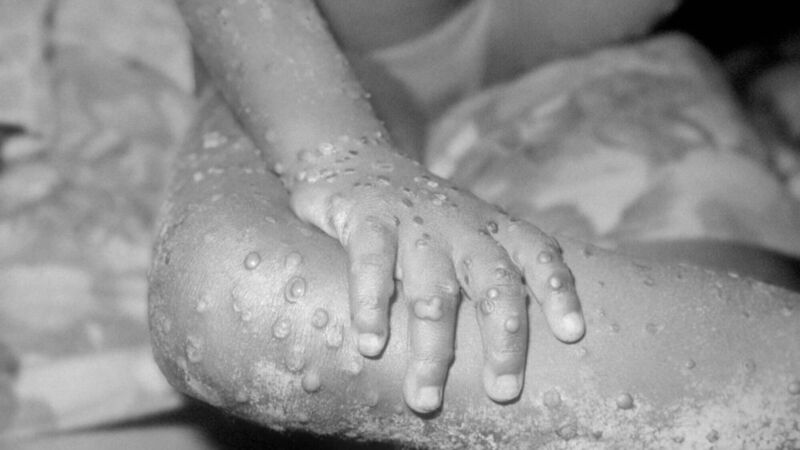WHO declares spread of monkeypox a global health emergency

More than 16,000 cases of monkeypox have been reported across 75 countries so far in 2022. File Picture: PA
The World Health Organisation (WHO) has declared the spread of monkeypox a global health emergency - its highest alert level.
The UN health agency’s declaration could spur further investment in treating the once-rare disease – and also worsen the scramble for scarce vaccines.










